
Waning Hope: A Refugee’s Response to the Repeal of Medevac
By Shamindan KanapathiThrough its repeal of the medevac legislation, Australia has taken our future and made it our demise, writes Shamindan Kanapadhi.

Through its repeal of the medevac legislation, Australia has taken our future and made it our demise, writes Shamindan Kanapadhi.
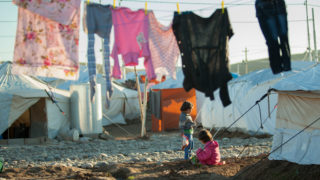
Dina Nayeri’s book, The Ungrateful Refugee, opens up a narrative of refugee experience, and what is it like to flee, hope, wait and start anew.
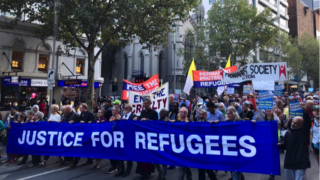
Nasuha Nasser speaks to three activists: Clare, Chris and Sobur, about the hopes they hold for a fairer and rights-respecting Australia.
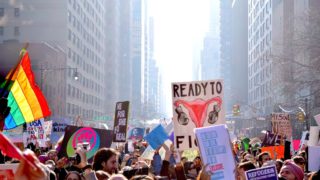
What do human rights look like as a visual language? Jane Lyndon’s new book seeks to find out.

The poem ‘Razor Wire Childhood’ by Rodney Williams was inspired by a series of drawings by children held on Christmas Island. Although that facility has now closed, the issue of children held in detention in Australian government facilities is still relevant today.
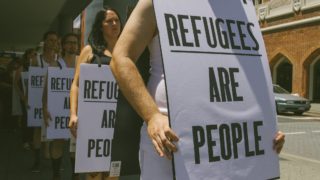
I still remember the callous advertising campaign from 2014. You couldn’t turn on the TV without seeing the commander of Operation Sovereign Borders in his military uniform, patriotic as can be, threatening anyone arriving by boat, “You will not make Australia home”. The then prime minister, Tony Abbott, made his stance against people smugglers painfully […]
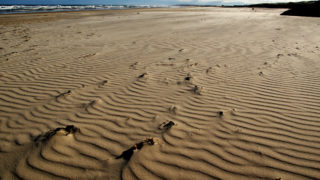
In her first column for Right Now, Lur Alghurabi considers one’s relationship to country and to citizenry through the lens of her experience and through that of those around her, including her father.
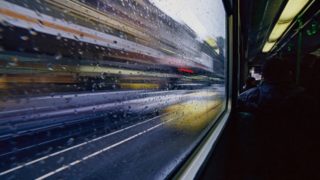
Kon Karapanagiotidis tackles everything from adversity to self-esteem and discrimination in his amazing new book The Power of Hope.
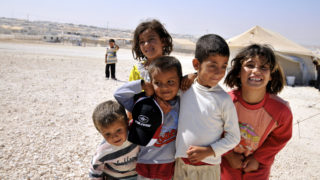
How can Australia use the UN Global Compact on Refugees to fulfil its international human rights obligations on refugees? Dr Michael Henry AM investigates.

Luiselli’s book “Tell Me How it Ends” reveals and humanises the plight of young refugees.
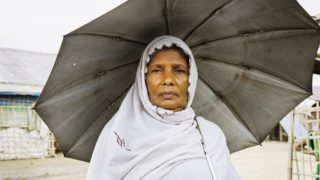
Ali MC considers the statelessness of the Rohingya people, and how the ethnic divisions resulting from colonisation have left them with few allies.

The stories in “The Displaced” give a voice to those who are seen, or feel to be, out of place, and testify to the inequalities still faced by many.